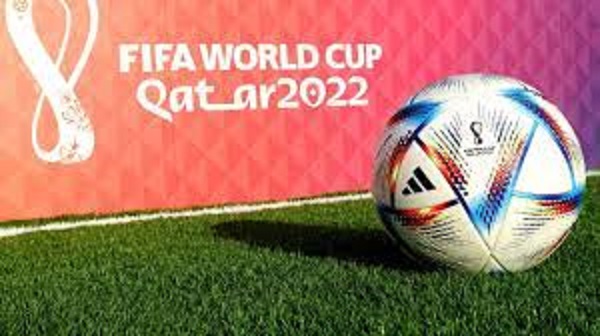A few weeks have passed since Nigeria failed to qualify for the World Cup, but the pain of Nigerian fans is still very palpable.
Super Eagles fans are still bemused by the lackadaisical performance of the team in the all-important play-off against Ghana, with many wondering whether the players truly realised what was at stake.
Having secured a creditable goalless draw in Kumasi in the first leg of the play-offs, many Nigerians were cautiously optimistic that the team would finish the job in Abuja. Indeed, Nigeria were the bookmakers’ favourites to qualify, with betting companies like bet9ja leaning well towards the Eagles to take down the Black Stars.
Unfortunately, it wasn’t meant to be, and the pain is still very real long after the events in the Moshood Abiola Stadium in Abuja.
The fans have been deprived of the joy and pride of seeing the Super Eagles do well and line up against the best footballing nations in the world, but our failure to make the Mundial has bigger ramifications than that.
Each of the 32 teams that qualifies for the World Cup is guaranteed a minimum of USD 10.5 million from FIFA. The Nigeria Football Federation will obviously not be getting that. Apart from the financial reward by the world football governing body, the NFF will also miss out on sponsorship deals that would have naturally rolled in due to Nigeria’s participation at the World Cup.
It is often said that success has many fathers while failure is an orphan. That is very true with Nigerian football. If the Eagles are doing well, many corporate bodies would jump in and want to associate themselves with the team, while the reverse is the case when the Eagles are underperforming, just as they have been in recent times.
The Nigeria Football Federation is going to take a massive financial hit because of the national team’s failure to reach the World Cup, but the NFF isn’t the only sector of the economy that will suffer. The ripple effect spreads much wider than the federation.
Another sector that will also feel a heavy brunt of the magnitude of Nigeria’s World Cup no-show is the country’s media.
Not only will Nigerian journalists miss out on FIFA’s media accreditation spots for participating teams, they will also have a hard task of convincing potential sponsors to partner with them for their World Cup coverage.
The World Cup would have been a much easier sell with Nigeria in the draw, but with the Eagles out of the picture, companies will be less benevolent with their World Cup budget.
FIFA also have ticket allocations for fans and spectators from teams participating at the World Cup through the countries’ supporters’ clubs, but Nigerian fans will not be able to benefit from this. Any spectator that wants to go to the World Cup will have to go on his or her own.
Nigeria’s failure to qualify for the World Cup goes well beyond the actual football on the field. It has far-reaching consequences, extending to many other aspects of the country.














